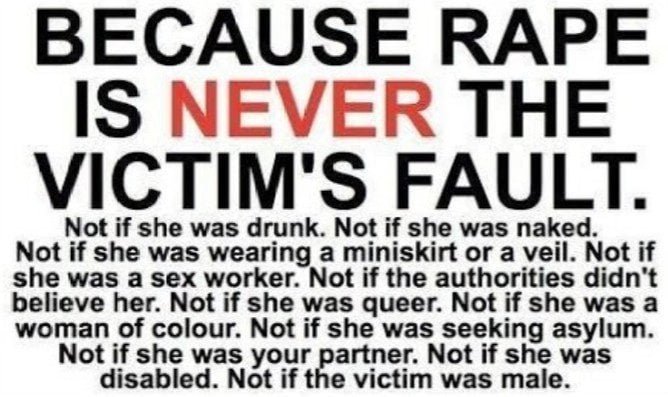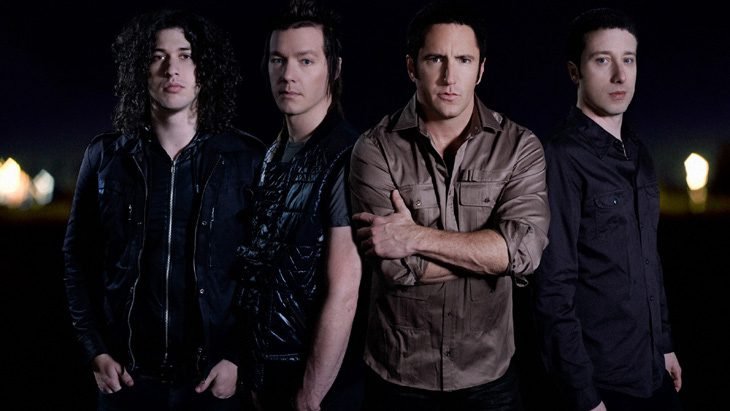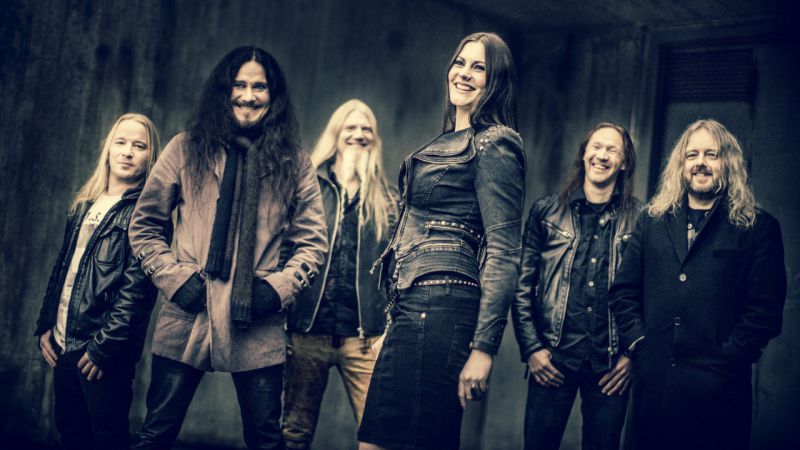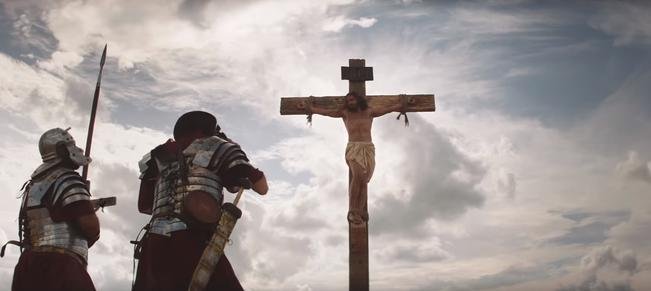
Guest post by ObstacleChick
I didn’t even make it through a week before finding a lot of really good Jesus-ified quotes. My personal favorites are the pumpkin quote and the one in which the writer believes that Jesus/God prevented all sorts of awful atrocities before they happened. Let me know your favorites and your thoughts in the comments!
“Have you prayed about it as much as you’ve talked about it?”
OC: Can Christians stop talking about praying? Why can’t they just go pray in private? That’s what Jesus would do . . . he even said so.
“Being a Christian is like being a pumpkin. God picks you from the patch and brings you in (John 15:16). Then washes all the dirt off of you. (2 Corinthians 5:17). He opens you up and scoops out all the yucky stuff. He removes the seeds of doubt, hate, and greed, etc. (Romans 6:6). Then he carves you a new smiling face (Psalm 71:23). And he puts his light inside you to shine for all the world to see (Matthew 5:16).”
OC: . . . And when Halloween is over, you sit on the front porch and rot until someone throws you in the garbage.
“You don’t have to please others. Just do what God wants you to do, because at the end of the day, it is only He who can satisfy your heart. Not the approval or applause of other people.”
OC: I kind of like it when other people applaud. . . and I haven’t heard God applaud. He’s pretty silent. Silent God.
“He who counts the stars and calls them by their names is in no danger of forgetting his own children.” – Charles Spurgeon
OC: Nah, he doesn’t forget him, he just lets awful things happen to them.
“Trust me, I know what I’m doing — God”
OC: God, you sure have a terrible way of showing it — hurricanes, cancer, children being abused, accidents that you could have prevented . . .
“When you pray be sure that you also listen. You have things you want to say to God. But He also has things He wants to say to you.”
OC: He needs to speak up — I never could hear him. Maybe he should have sent me an email.
“I believe the time is coming when we will not be able to take our Christianity as casually as we do now.” – A.W. Tozer
OC: I wish they’d all take it so casually that it would just go away. . .
“Have you ever stopped and wondered what God has done in your life that you aren’t even aware of? Maybe He healed you before you even knew you were sick. Perhaps He saved you from a fatal car crash that never happened. I have felt like God has protected me more times than I count, so I can only imagine how many times He has rescued me when I was unaware that I was even in danger. Take a moment to thank God for protecting you. He is always watching over you and He’s there for you even when you don’t realize it. What an awesome God we serve!”
OC: And your evidence that these sicknesses or illnesses that almost happened but didn’t happen because GOD intervened is what? That’s like me saying, oh, I almost won the lottery but then I didn’t because of the devil. Or sin. Or something.
“Simply believing in the existence of God is not exactly what I would call a commitment. After all, even the devil believes that God exists! Believing has to change the way we live.”
OC: Well, I’m an atheist and I don’t believe in the existence of either God or the devil. But just for the sake of argument – what is it about the existence of God that would provoke me to change the way I live? Fear of retribution? And you think that’s a good motivation?
“Dear God, please:
Teach me.
Keep me.
Hold me.
Help me.
I want to be better than I was yesterday.
Tomorrow is a new day! Repent and get closer to Jesus!”
OC: If I have a goal I want to achieve, I design or find a plan that lays out the steps I need to do in order to reach that goal. Reaching the goal is not always guaranteed, but the process of completing each step helps me to gain the skills or knowledge necessary to potentially reaching a goal. Never have I achieved a goal by sitting back, repenting to God/Jesus, and asking him/them to do all the work.








